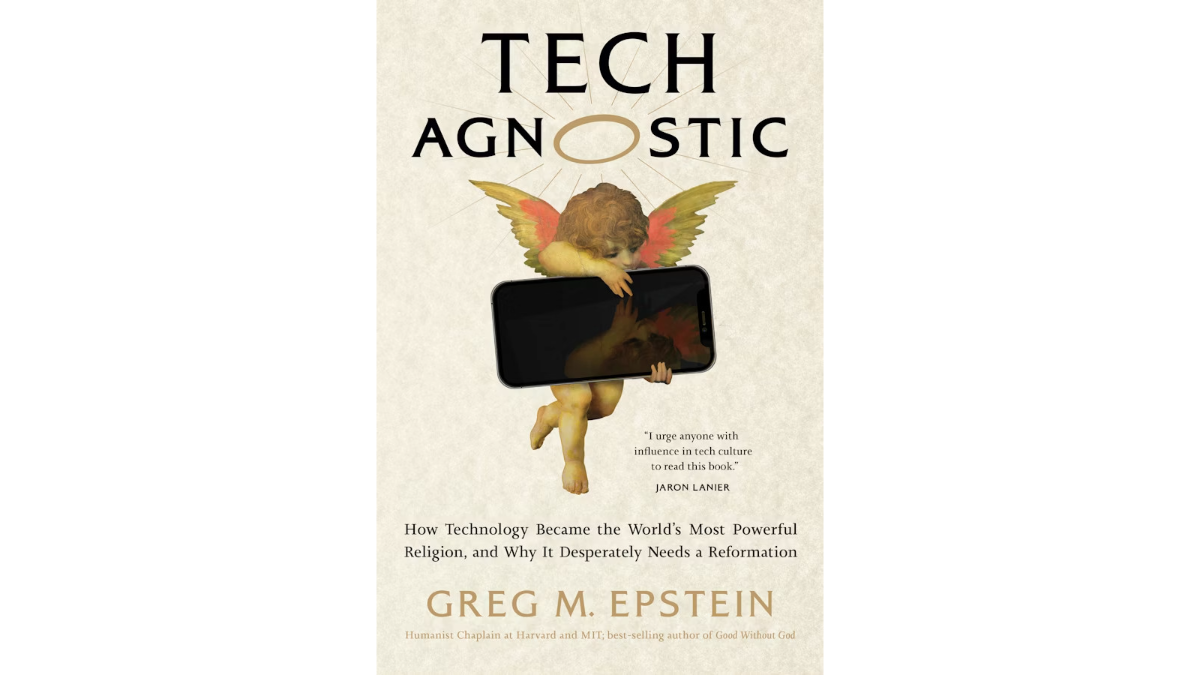Title: Technology: The New Global Religion Demanding Reformation

Date: November 10, 2024
Location: Boston, MA
In an era where screens dominate our daily interactions, a compelling new narrative emerges, suggesting that technology has evolved into what could be considered the world's most powerful religion. This provocative idea is explored in depth by Greg Epstein, Harvard and MIT's humanist chaplain, in his latest book, "Tech Agnostic: How Technology Became the World's Most Powerful Religion, and Why It Desperately Needs a Reformation," published by MIT Press.
Epstein, who has been at the forefront of interfaith and secular discussions, draws parallels between traditional religious structures and the tech industry's influence on society. In a recent interview with Justin Hendrix, editor of Tech Policy Press, Epstein discussed how tech leaders like Elon Musk and Sam Altman are not just industry magnates but modern-day prophets or high priests of this new religion.
"The tech apocalypse is already here," Epstein remarked, referencing his discussions with privacy researcher Chris Gilliard, who asserts that the negative impacts of technology are unevenly distributed but very real. This notion paints a stark picture of tech as a force capable of salvation or damnation, akin to the promises and threats of traditional religions.
Epstein's book delves into how tech companies promise abundance and salvation, much like religious doctrines offer eternal life or enlightenment. For instance, tech moguls like Altman speak of abundance as a birthright, promising technological solutions that could reshape human existence, from extending life to potentially uploading human consciousness into the cloud.
However, Epstein warns against the unchecked power of tech leaders, likening their influence to that of megachurch preachers in past political landscapes. He critiques the lack of humanistic values in tech's relentless pursuit of progress, where solutions often prioritize technological advancement over human welfare and ethical considerations.
The conversation also touched upon the political implications of this tech religion, especially in light of recent elections where figures like Musk have been given significant roles in geopolitical discussions, signaling a shift from traditional religious leaders to tech moguls in influencing political and societal directions.
Epstein calls for a reformation in tech, advocating for a flattening of tech hierarchies, recognizing and honoring the skeptics and critics within the industry, and ensuring that future tech culture is shaped by diverse voices, including humanists and spiritual practitioners. He envisions a tech world where technology serves humanity rather than dominates it, a world where ethical considerations and human well-being are paramount.
"Tech Agnostic" has already stirred considerable discussion, earning praise for its insightful analysis and timely critique. Epstein's work not only challenges us to rethink our relationship with technology but also inspires a movement towards a more balanced, humane approach to innovation.
For those intrigued by the intersection of technology, ethics, and society, Epstein's book is a must-read, offering both a critique and a blueprint for reformation in the digital age.
Source: Alayaran.com
